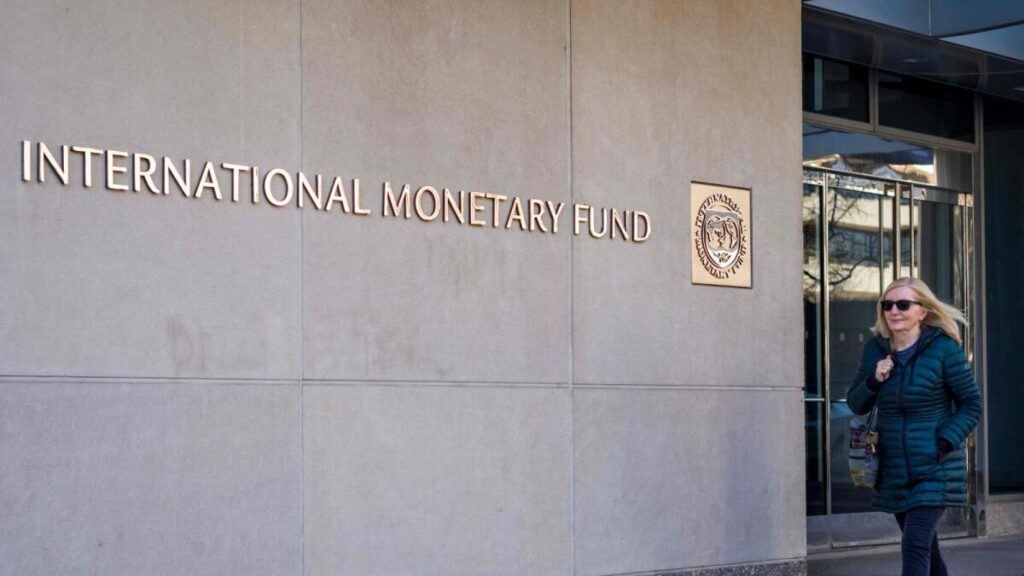
IMF lowers 2023 economic growth projection for Italy
The International Monetary Fund (IMF) reported on Tuesday that it now expects Italy’s gross domestic product to rise by just 0.7% this year, rather than the 1.17% it had predicted for the entire year 2023.
The European Central Bank (ECB) and the Italian government’s budget office both predicted that Italy’s economy would increase by 0.8 percent and 0.9 percent, respectively, in comparison to the IMF prediction.
The release of conflicting economic figures coincides with the poorer economic development model for Italy.
The National Institute of Statistics (ISTAT) of Italy said on Tuesday that the nation’s industrial production in August was down 4.2% from the same month in 2022.
According to ISTAT, business activity decreased in August, even though employment levels increased during that time. The consumer price index increased by 5.3% in September compared to the same month last year.
The IMF models predict that the slump will last until 2024. The growth forecast for the following year is 0.7 percent, down from 0.9 percent in the prior report. This projection comes in below the ECB’s forecast of 0.8 percent for the next year.
The Italian economy expanded by 0.6 percent in the first quarter of this year compared to the same period last year, outpacing the growth of the eurozone as a whole. However, those two quarters of weak economic growth were followed by a rather strong quarter.
The European Central Bank (ECB) and the Italian government’s budget office both predicted that Italy’s economy would increase by 0.8 percent and 0.9 percent, respectively, in comparison to the IMF prediction.
According to ISTAT, business activity decreased in August, even though employment levels increased during that time. The consumer price index increased by 5.3% in September compared to the same month last year.
The IMF models predict that the slump will last until 2024. The growth forecast for the following year is 0.7 percent, down from 0.9 percent in the prior report. This projection comes in below the ECB’s forecast of 0.8 percent for the next year.
The Italian economy expanded by 0.6 percent in the first quarter of this year compared to the same period last year, outpacing the growth of the eurozone as a whole. However, those two quarters of weak economic growth were followed by a rather strong quarter.
The IMF models predict that the slump will last until 2024. The growth forecast for the following year is 0.7 percent, down from 0.9 percent in the prior report. This projection comes in below the ECB’s forecast of 0.8 percent for the next year.
The European Central Bank (ECB) and the Italian government’s budget office both predicted that Italy’s economy would increase by 0.8 percent and 0.9 percent, respectively, in comparison to the IMF prediction.
The release of conflicting economic figures coincides with the poorer economic development model for Italy.
The National Institute of Statistics (ISTAT) of Italy said on Tuesday that the nation’s industrial production in August was down 4.2% from the same month in 2022.
According to ISTAT, business activity decreased in August, even though employment levels increased during that time. The consumer price index increased by 5.3% in September compared to the same month last year.
The IMF models predict that the slump will last until 2024. The growth forecast for the following year is 0.7 percent, down from 0.9 percent in the prior report. This projection comes in below the ECB’s forecast of 0.8 percent for the next year.
The IMF models predict that the slump will last until 2024. The growth forecast for the following year is 0.7 percent, down from 0.9 percent in the prior report. This projection comes in below the ECB’s forecast of 0.8 percent for the next year.



